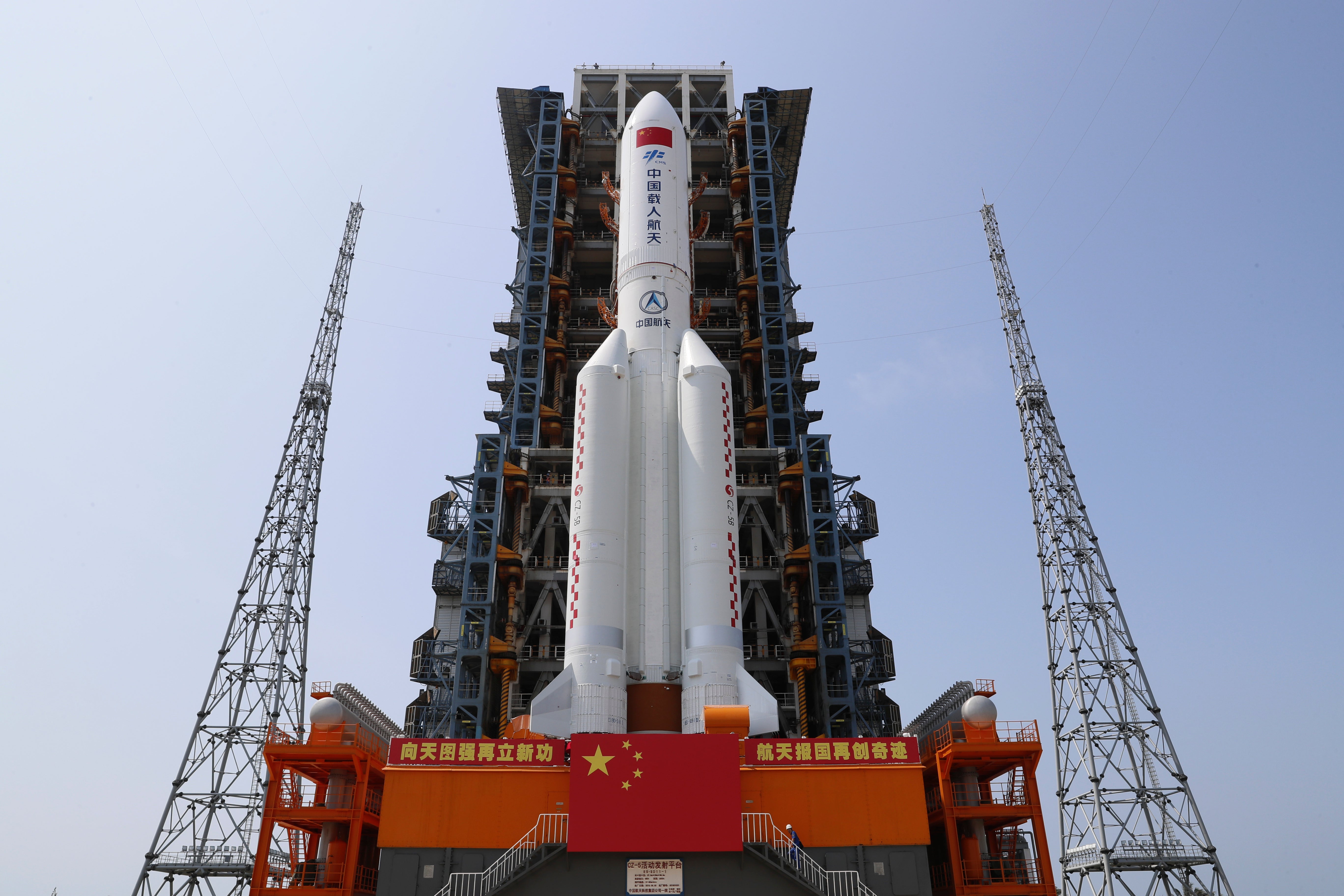China launches core module for permanent space station
China has launched the core module for its first permanent space station that will host astronauts long-term

Your support helps us to tell the story
From reproductive rights to climate change to Big Tech, The Independent is on the ground when the story is developing. Whether it's investigating the financials of Elon Musk's pro-Trump PAC or producing our latest documentary, 'The A Word', which shines a light on the American women fighting for reproductive rights, we know how important it is to parse out the facts from the messaging.
At such a critical moment in US history, we need reporters on the ground. Your donation allows us to keep sending journalists to speak to both sides of the story.
The Independent is trusted by Americans across the entire political spectrum. And unlike many other quality news outlets, we choose not to lock Americans out of our reporting and analysis with paywalls. We believe quality journalism should be available to everyone, paid for by those who can afford it.
Your support makes all the difference.China on Thursday launched the core module for its first permanent space station that will host astronauts long-term.
The Tianhe, or “Heavenly Harmony," module blasted into space atop a Long March 5B rocket from the Wenchang Launch Center on the southern island province of Hainan marking another major advance for the country’s space exploration program that has chalked up a series of accomplishments in recent months.
The launch begins the first of 11 missions necessary to construct and provision the station and send up a three-person crew by the end of next year. The astronauts will live on the station for six months at a time.
China’s space program has also recently brought back the first new lunar samples in more than 40 years and expects to land a probe and rover on the surface of Mars later next month.